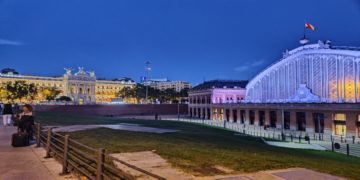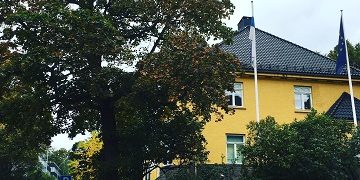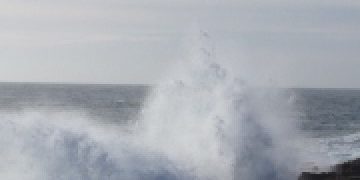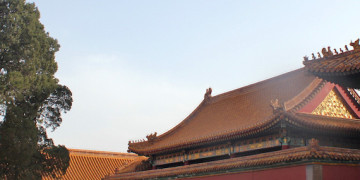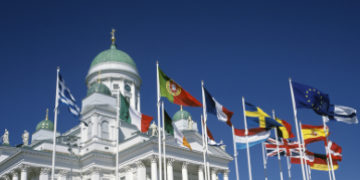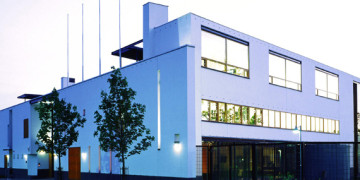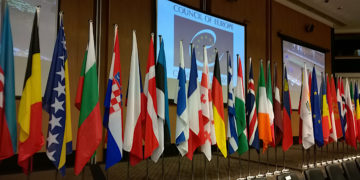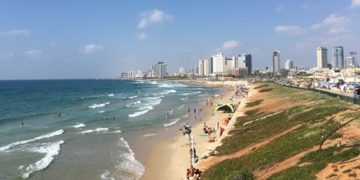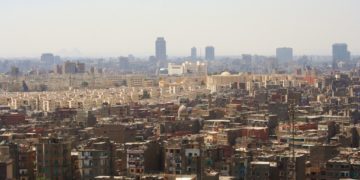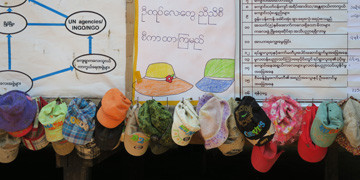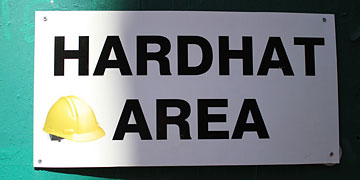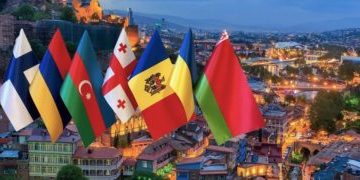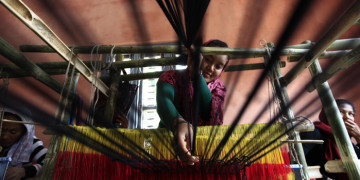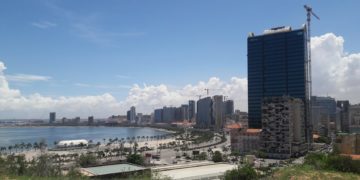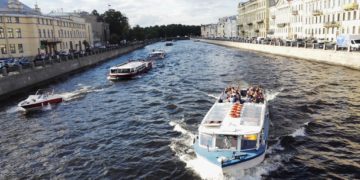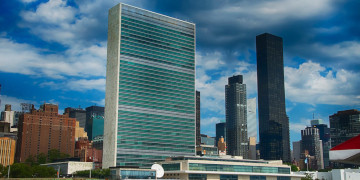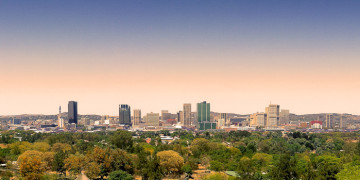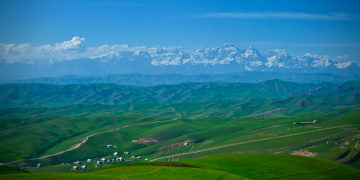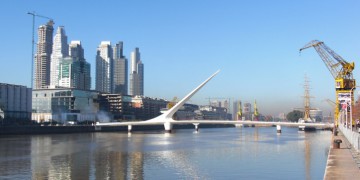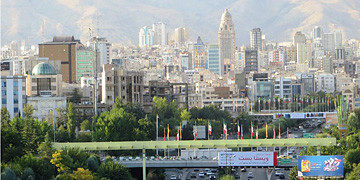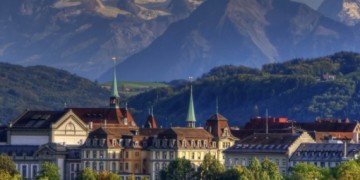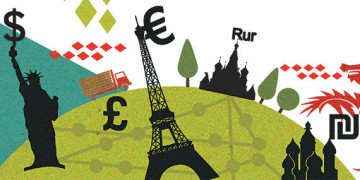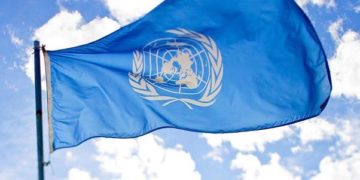Loikaw is the capital of Kayah-state in Myanmar and it is far away from everywhere. Despite this, at least two matters connect it to Finland.
First of all, many residents of Loikaw and neighbouring villages have relatives or friends in Finland. They belong to a local karanni tribe who have fled to Finland via Thai refugee camps since 2004. Locals estimate that Finland is home to approximately 700 karenni people.
Secondly, Finland supports the peace and reconciliation process in Myanmar and especially in the ethnic areas like Loikaw. One NGO which gets funding from Finland for peace-promoting project is the Center for Peace and Conflict Studies (CPCS). Monitoring the CPCS’s ongoing project is what took me to Loikaw in January.
CPCS emphasizes the bottom-up approach in peace process. On its’ point of view mutual understanding between ethnic groups and government representatives must be created first locally and on grassroots. When peace negotiation process goes further, the existing relationship is the foundation which will last, as the same stakeholders move to more formal co-operation.
Therefore, the first task is to get the former enemies around the same table. It´s not that simple. As everywhere in Myanmar,peace is fragile.
Local armed group KNPP signed a ceasefire agreement with the Myanmar army last summer. After more than half a century of armed conflict the importance of the ceasefire is crucial. Though, local people are still suspicious. Mistrust towards government derives for instance from control. Even inside the state, people stop at a checkpoint on their voyage from a village to another.
For foreigners the Kayah-state has previously been a black area, a fully enclosed state. Only recently it has changed to brown. This means that travelling in the region is now possible, if the government of Myanmar approves it. Thus, receiving a positive answer to an visa application indicated that foreign NGO´s and embassy representatives are welcomed to support the peace-building.
While in Loikaw I participated a workshop organized by CPCS and KNPP. Two-day event was designed to inform the region’s local managers about the Myanmar´s peace process and to collect their experiences of it to a regional level.
The discussion in the workshop gave an encouraging impression that the new kind of thought patterns are gaining ground in the former battlefields. In remote villages directors are pondering very complex issues: Which comes first, peace or development? How should the state and civil society co-operate? On the other hand, many villagers don´t even fully understand what the word ’peace’ means.
Such questions provide at least for me an explanation, why development aid for peace-promoting projects is essential. In Myanmar, NGOs and other foreign experts are needed to work as the supportive wheels until the forward-kicking peace process finds a balance and gets going. After this, the trip can continue also without external support.
Reaching the destination takes years, but the result will certainly be worth the effort.


